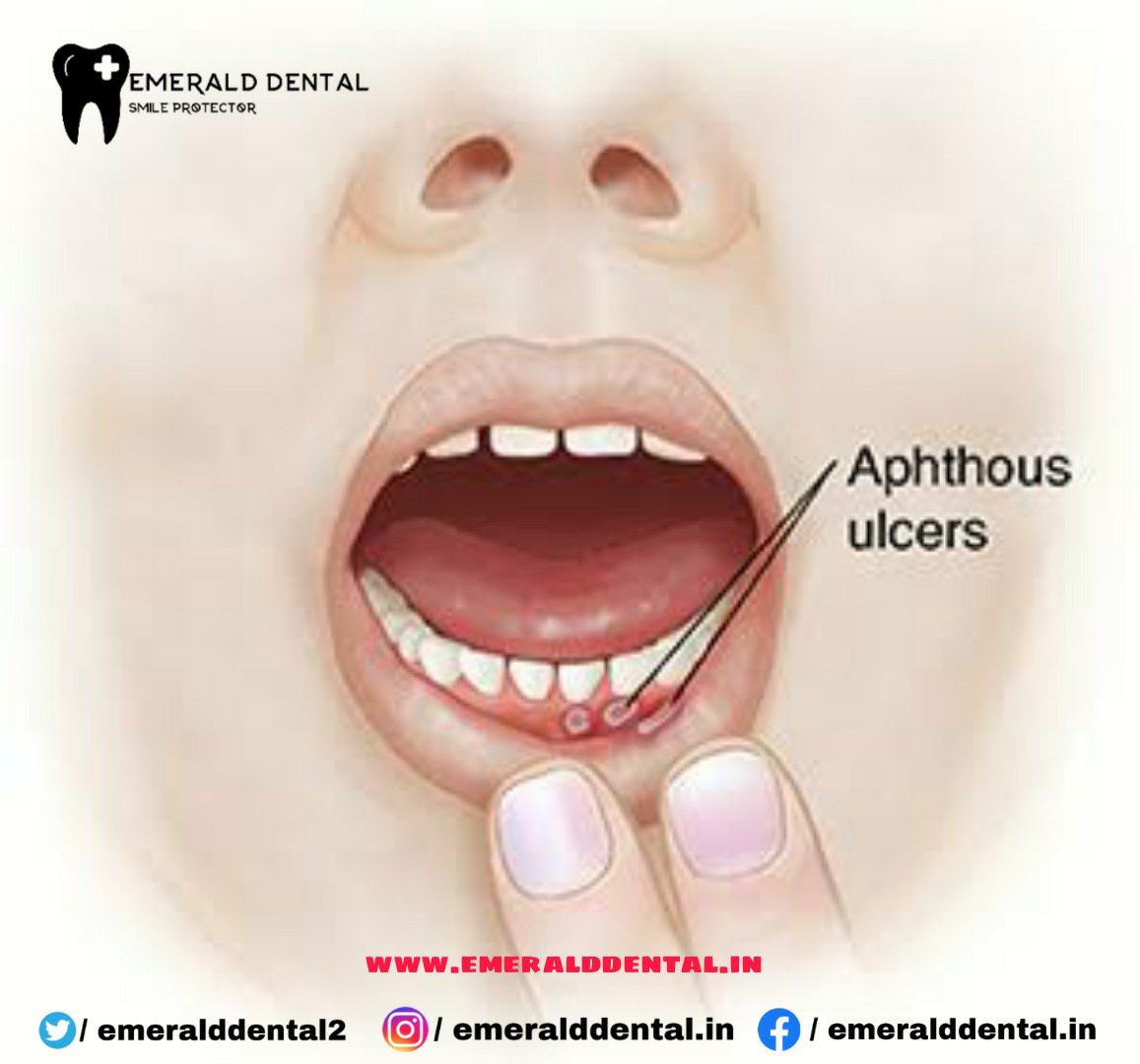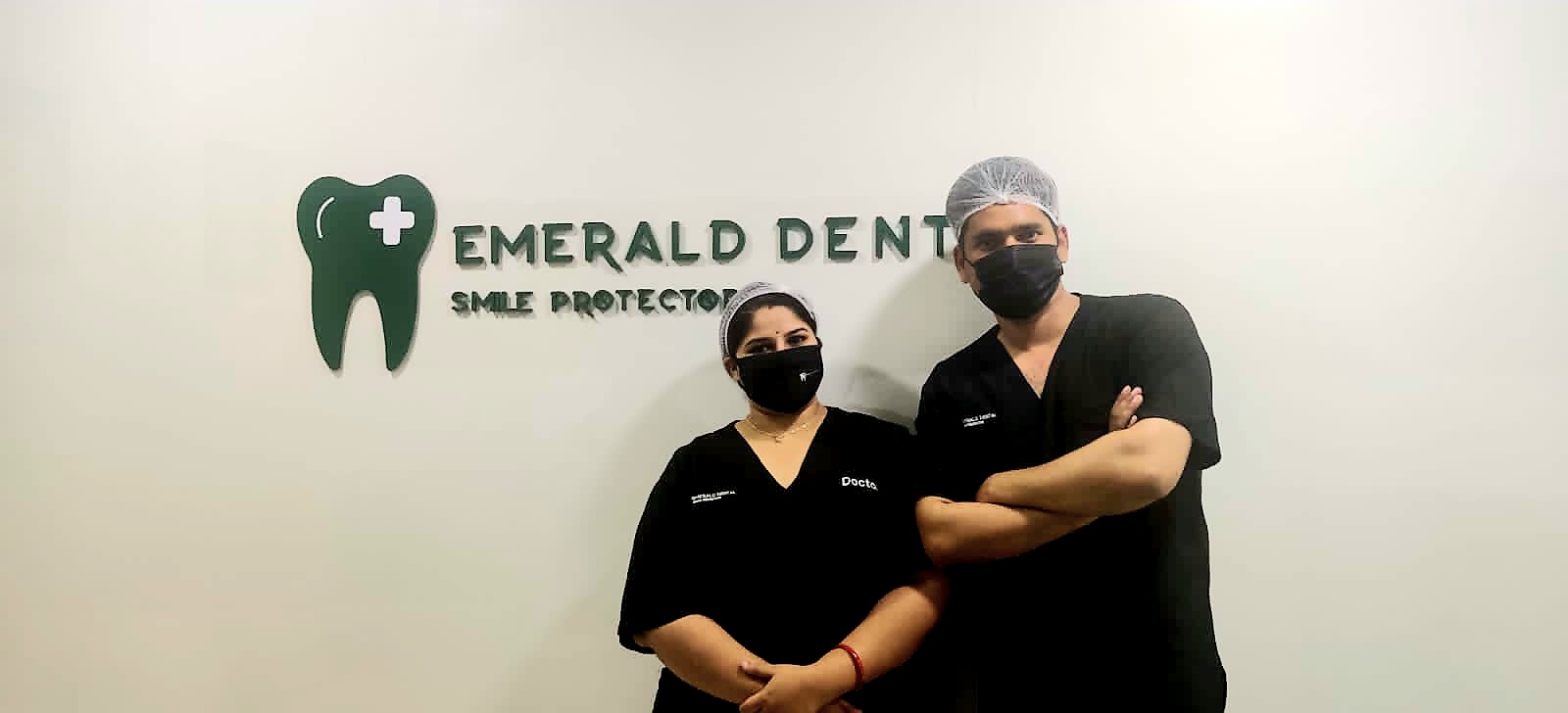

Most canker sores go away on their own in a week or two. Check with your doctor or dentist if you have unusually large or painful canker sores or canker sores that don’t seem to heal.
Possible triggers for canker sores include: A minor injury to your mouth from dental work, rŕs brushing, sports mishaps or an accidental cheek bite. Toothpastes and mouth rinses containing sodium lauryl sulfate
Symptoms
Most canker sores are round or oval with a white or yellow center and a red border. They form inside your mouth — on or under your tongue, inside your cheeks or lips, at the base of your gums, or on your soft palate. You might notice a tingling or burning sensation a day or two before the sores actually appear.
There are several types of canker sores, including minor, major and herpetiform sores.
When to see a doctor
Consult your doctor if you experience:
Unusually large canker sores
Recurring sores, with new ones developing before old ones heal, or frequent outbreaks
Persistent sores, lasting two weeks or more
Sores that extend into the lips themselves (vermilion border)
Pain that you can’t control with self-care measures
Extreme difficulty eating or drinking
High fever along with canker sores



